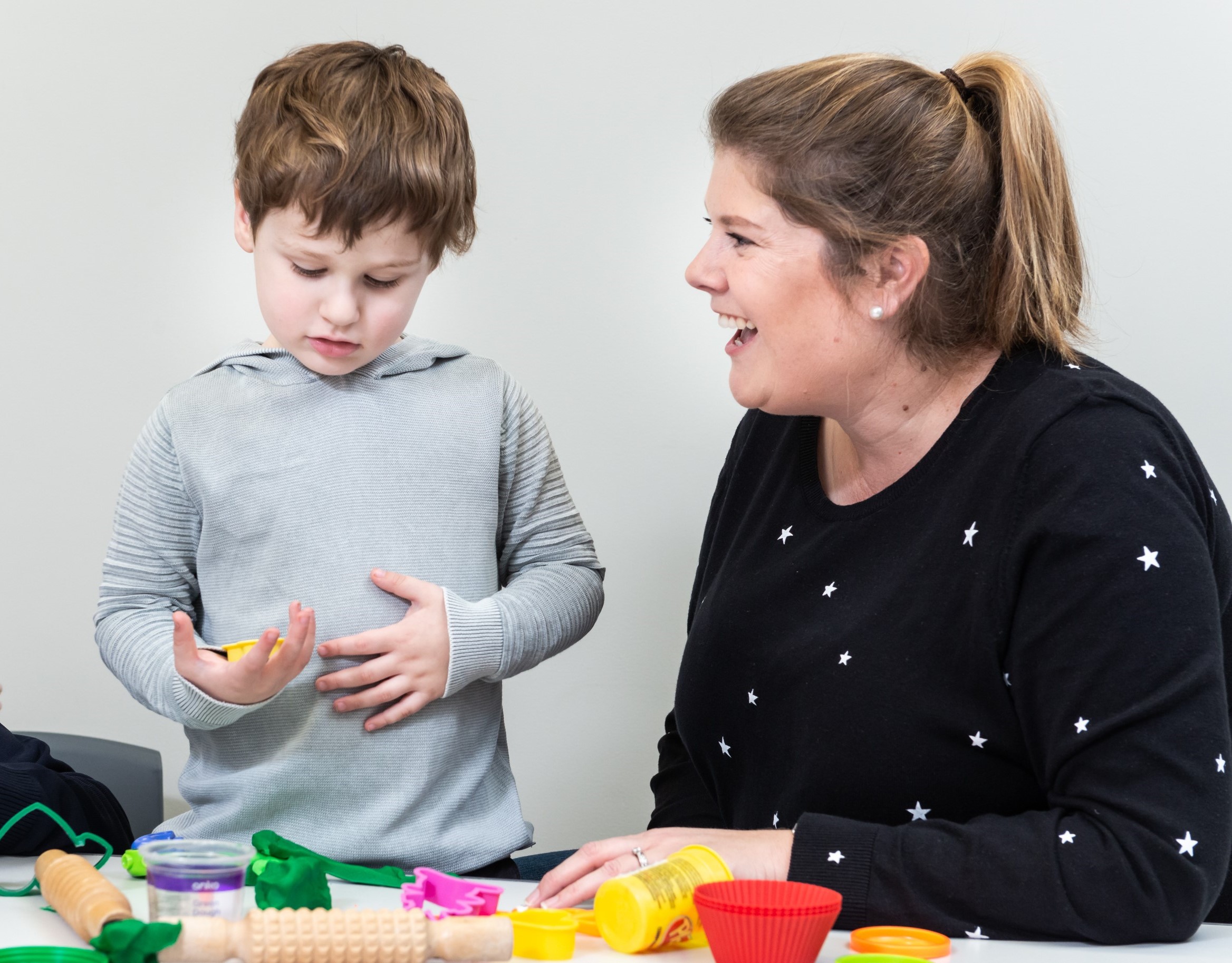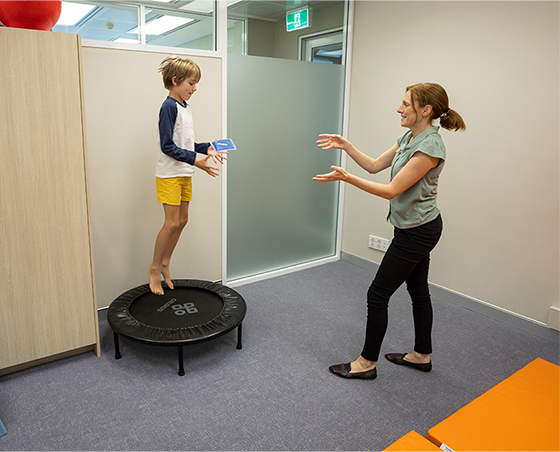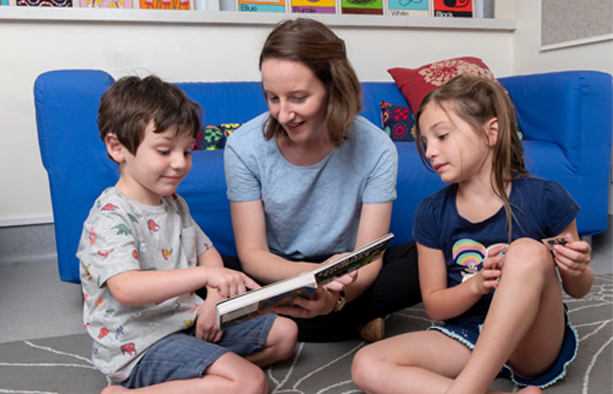Search






At CliniKids, we offer a communication therapy called PACT to caregivers of children who would like some additional support to understand their child’s communication.

Find out more about CliniKids' new program which boosts early language skills through book sharing.

Developmental Coordination Disorder (DCD) is a neurodevelopmental condition that affects a child’s ability to learn and carry out everyday motor skills. An early and accurate assessment helps families and schools understand a child’s unique needs.

At CliniKids, we offer group or individual support for siblings of autistic children.
Our researchers have published many papers in world-leading paediatric autism and developmental delay journals. Browse their most recently published work here.
